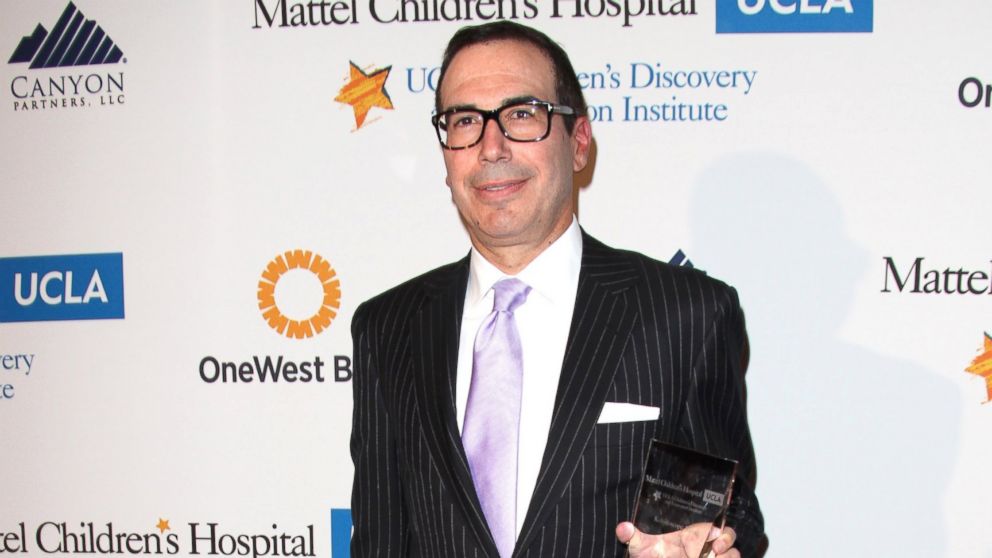wardorican
Well-known member
Offline
40 min segment on 1A that ran tonight. Some interesting connections to Trump's admin, basically a lot of rich guys who gobbled up a ton of homes, and squeezed a lot of Americans out of the housing market.

 the1a.org
the1a.org
One guest is a writer who has a book coming out on this called "Homewreckers: How a Gang of Wall Street Kingpins, Hedge Fund Magnates, Crooked Banks, and Vulture Capitalists Suckered Millions Out of Their Homes and Demolished the American Dream " Basically, he felt that there was a big issue being missed by the media that was a big cause of a lot of the unease in American. He was a bit aggressive (he actually cut off the other guest once.. never heard that on NPR before), but I do think he was correct. Just a bit pushy. But his kind of journalism usually calls for that.
Obviously people were able to buy into the market after the crash, but only those with great credit, since lending was a lot tighter. I kick myself for missing out on the time to buy. Down here in South Florida, I was about one year too late.. now it's just stupid high. But even when it was low, I remember friends who bought in, and had to go through 5, 10, different homes to put in offers, just to get denied due to cash buyers.
But, when the market crashed, I was more in favor of providing gov't subsidy's to American home owners, vs giving them to giant banks, and other corporate entities. Glantz gets into this around 22-23min into the show. The great Depression did it the way of giving towards American citizens to help refinance homes to stay in their homes, not big banks.
All this does is create upward price pressure, upward rent pressure, higher/quicker evictions, and these incredibly wealthy people use LLC's to save on taxes, and they use their homes like piggy banks (like individuals do, to remodel, etc..), but they can pull out millions/billions. And it doesn't help that construction isn't addition enough supply.

Segments Archive | 1A
One guest is a writer who has a book coming out on this called "Homewreckers: How a Gang of Wall Street Kingpins, Hedge Fund Magnates, Crooked Banks, and Vulture Capitalists Suckered Millions Out of Their Homes and Demolished the American Dream " Basically, he felt that there was a big issue being missed by the media that was a big cause of a lot of the unease in American. He was a bit aggressive (he actually cut off the other guest once.. never heard that on NPR before), but I do think he was correct. Just a bit pushy. But his kind of journalism usually calls for that.
Obviously people were able to buy into the market after the crash, but only those with great credit, since lending was a lot tighter. I kick myself for missing out on the time to buy. Down here in South Florida, I was about one year too late.. now it's just stupid high. But even when it was low, I remember friends who bought in, and had to go through 5, 10, different homes to put in offers, just to get denied due to cash buyers.
But, when the market crashed, I was more in favor of providing gov't subsidy's to American home owners, vs giving them to giant banks, and other corporate entities. Glantz gets into this around 22-23min into the show. The great Depression did it the way of giving towards American citizens to help refinance homes to stay in their homes, not big banks.
All this does is create upward price pressure, upward rent pressure, higher/quicker evictions, and these incredibly wealthy people use LLC's to save on taxes, and they use their homes like piggy banks (like individuals do, to remodel, etc..), but they can pull out millions/billions. And it doesn't help that construction isn't addition enough supply.

